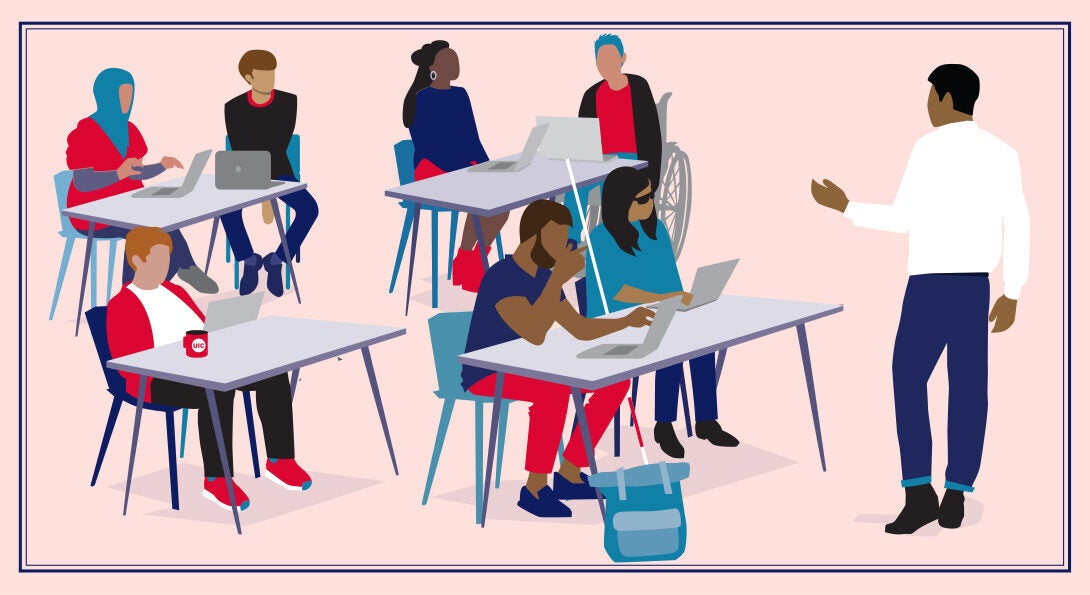Inclusive Education Scholars Certificate Program

The Inclusive Education Scholars Certificate Program (IESCP) is an exciting new program for UIC instructors, designed to help you answer that question and build your inclusive teaching knowledge and skills. With a combination of self-guided online learning and participation in learning communities and workshops, instructors will explore the what, why, and how of inclusive teaching.
The development and implementation of the Inclusive Education Scholars Certificate Program is the result of a collaboration between the Office of Diversity, Equity, and Engagement and the Center for the Advancement of Teaching Excellence (CATE).
For more information regarding the program, workshops, and eligibility requirements, visit the CATE’s Inclusive Education Scholars Certificate Program page.